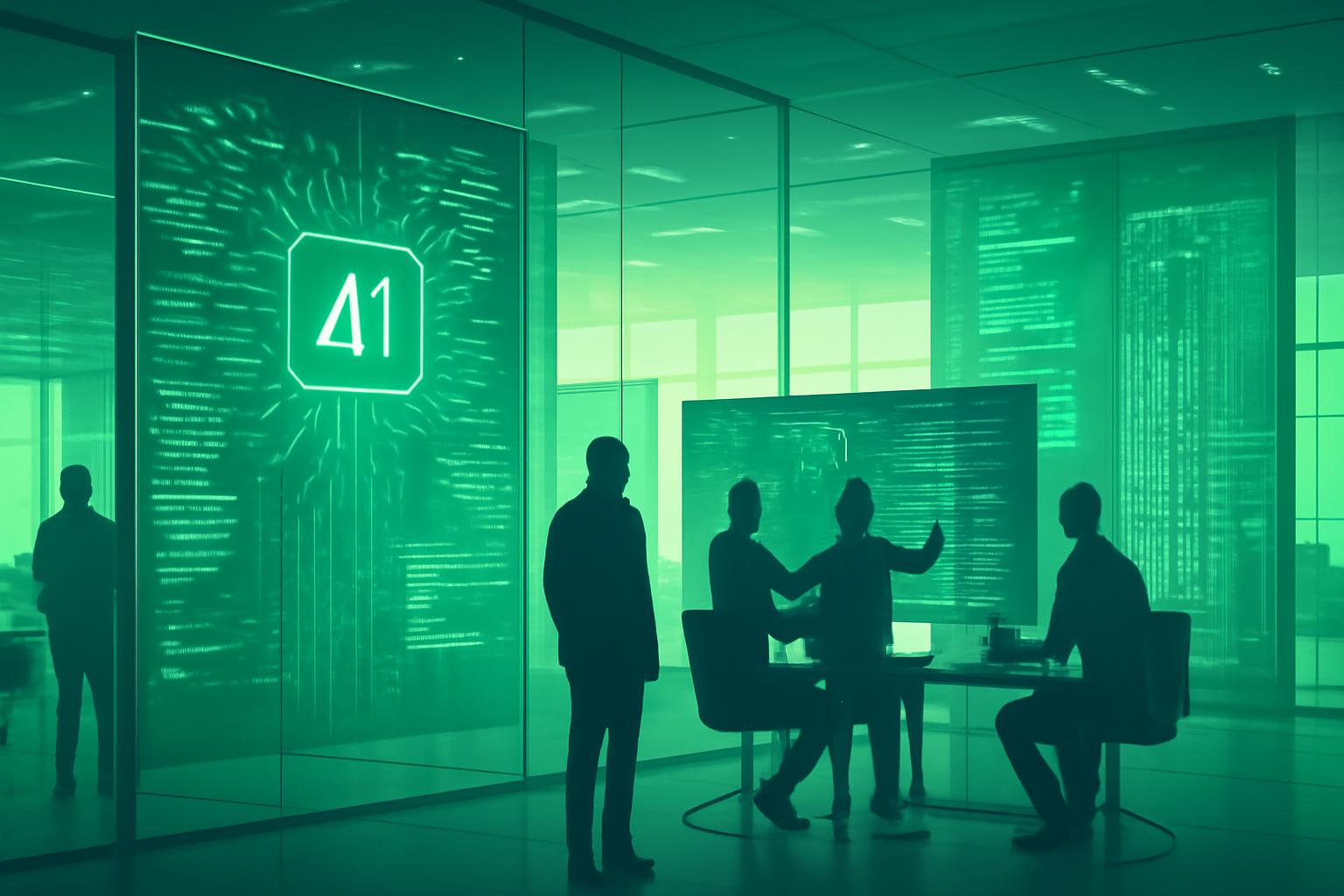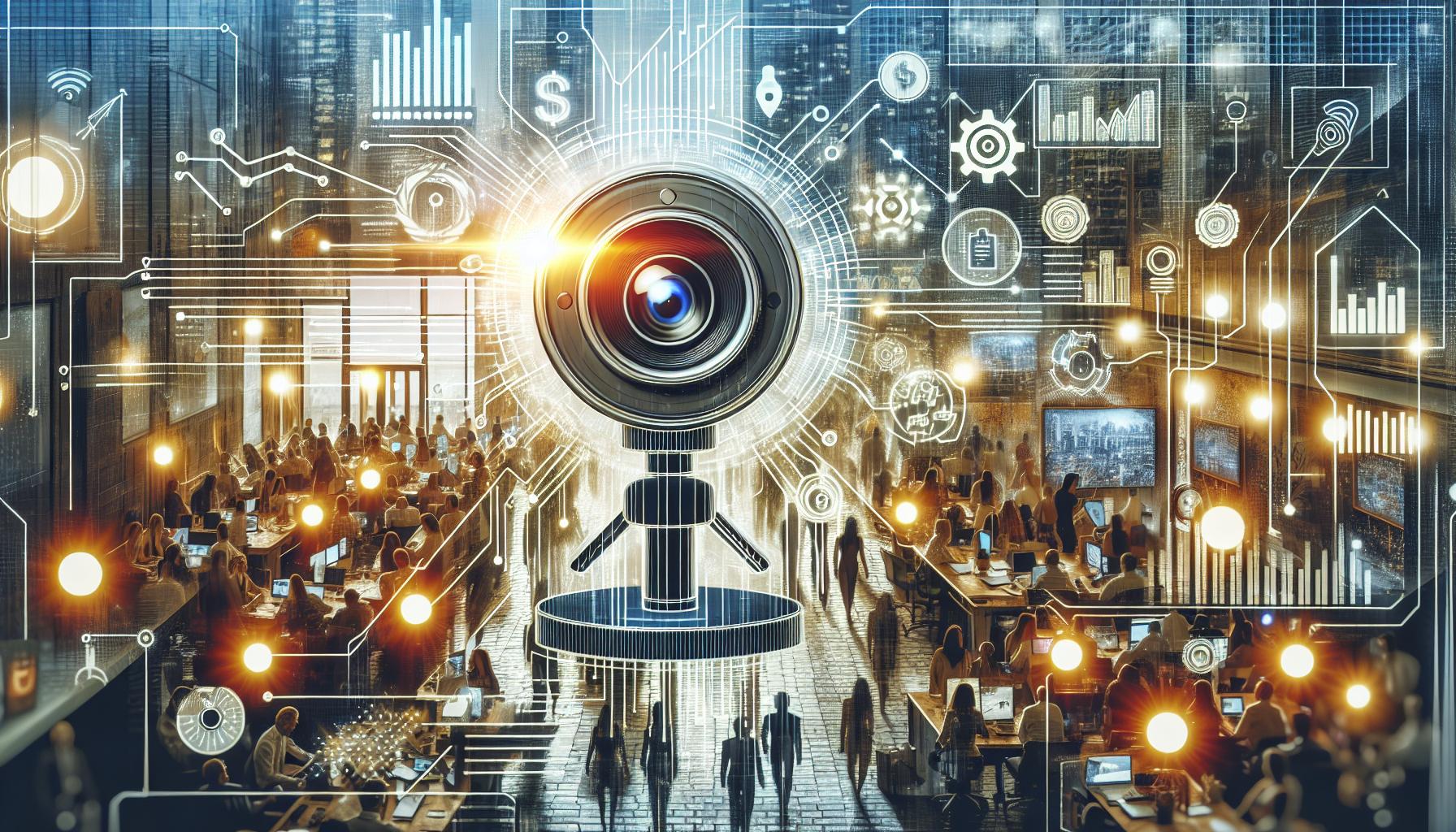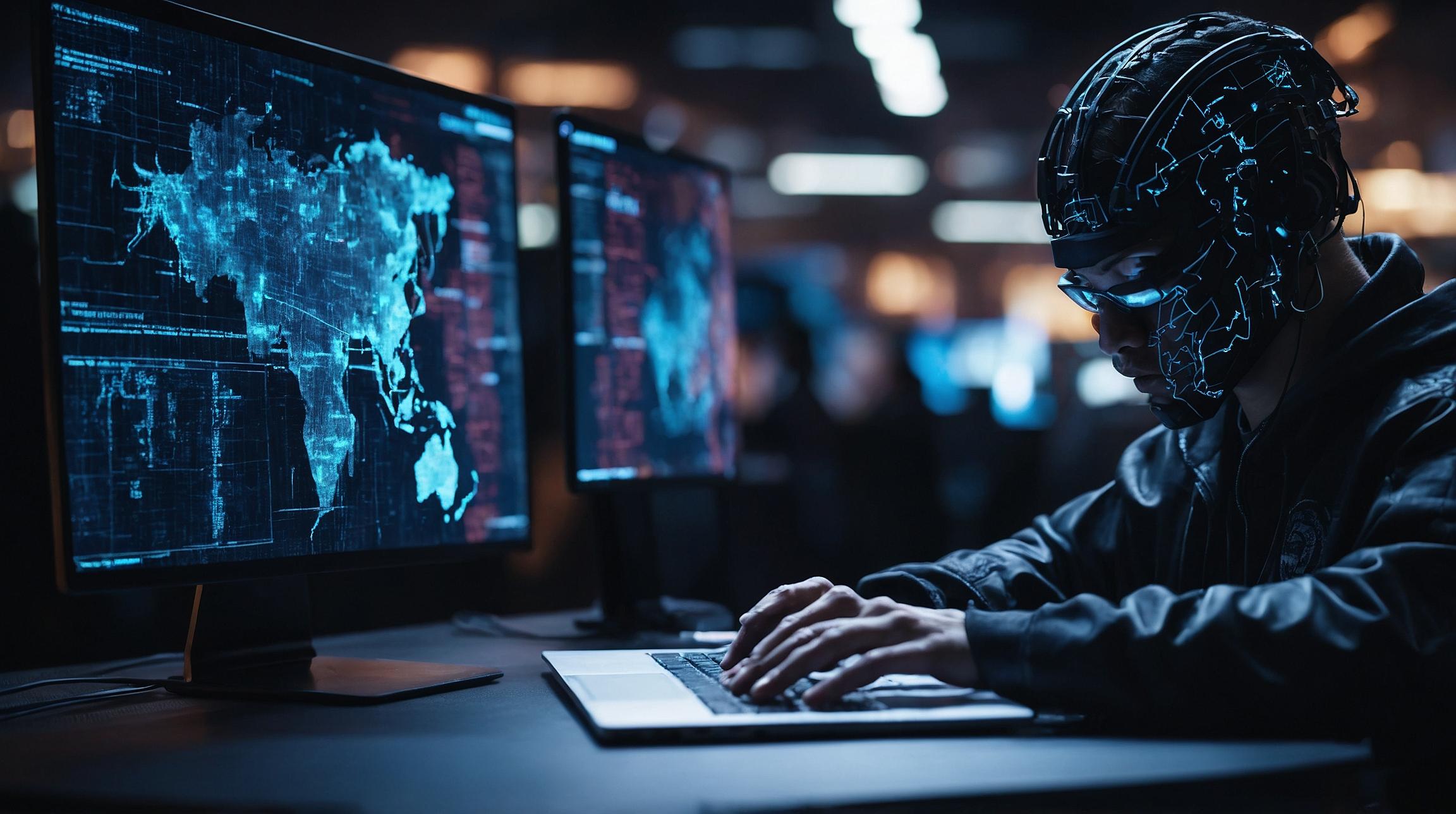ChatGPT’s Rapid Growth and Technological Advancements
Since its public debut in November 2022, OpenAI’s ChatGPT has transformed from a productivity tool into a global AI phenomenon, boasting 300 million weekly active users by the end of 2024. The platform’s continuous evolution includes the introduction of GPT-5, a model designed to intelligently manage complex tasks such as coding, calendar management, and research synthesis.
In 2024 and 2025, OpenAI expanded ChatGPT’s capabilities with innovations like GPT-5-Codex, an AI coding assistant capable of dynamically adjusting its processing time to optimize task outcomes. Additionally, features like Study Mode and deep research agents have been introduced to foster critical thinking and facilitate intensive information analysis.
Safety Measures and Legal Challenges
Amid growing concerns over AI’s impact on mental health, OpenAI implemented stringent safeguards for users under 18, including blocking flirtatious interactions and enhancing suicide risk detection. These measures respond to lawsuits alleging harm linked to ChatGPT interactions, underscoring the urgent need for responsible AI deployment.
OpenAI also faces multiple legal confrontations, including copyright infringement claims from media companies and a federal lawsuit filed by Elon Musk’s AI startup xAI accusing OpenAI and Apple of anti-competitive conduct. These disputes highlight the complex regulatory and ethical landscape surrounding AI development.
Strategic Expansion and Market Competition
In an effort to broaden its global footprint, OpenAI launched affordable subscription plans like ChatGPT Go in India and established data residency programs across Asia and Europe to comply with local data sovereignty requirements. The company is concurrently pursuing large-scale investments and infrastructure projects, including Project Stargate, to support increased demand and technological growth.
Competition from international AI developers, notably Chinese firm DeepSeek, has intensified. OpenAI is responding by enhancing transparency, optimizing AI behavior, and integrating open-source models to maintain its market leadership.
Product and Leadership Developments
OpenAI restructured its Model Behavior team to better align AI personality development with broader research objectives. Leadership changes include Brad Lightcap assuming responsibility for global expansion and partnerships, allowing CEO Sam Altman to focus on research and product innovation.
The company has also introduced new AI tools tailored for enterprises and government agencies, such as ChatGPT Enterprise for federal use and specialized AI agents designed for tasks ranging from software development to high-level research, with some priced up to $20,000 monthly, reflecting the monetization of advanced AI capabilities.
Ongoing Challenges and Outlook
Despite impressive growth and technological strides, OpenAI continues to grapple with challenges including AI hallucinations, data privacy concerns, and the societal implications of AI-generated misinformation. Independent studies have raised questions about ChatGPT’s influence on critical thinking and the reliability of its reasoning models.
OpenAI’s commitment to safety is evident in delayed product releases for additional testing, implementation of bio-risk safeguards, and openness to adjusting policies in response to competitor actions. The company’s roadmap indicates a balance between innovation and caution as it navigates the evolving AI landscape.
FinOracleAI — Market View
OpenAI’s continuous product enhancements, including GPT-5 and AI coding tools, alongside expanding global reach and data compliance initiatives, position ChatGPT for sustained user growth and revenue expansion. However, ongoing legal disputes and safety concerns introduce risks that could affect public trust and regulatory scrutiny. Market participants should monitor the resolution of these lawsuits and OpenAI’s ability to maintain competitive differentiation amid rising global AI competition.
Impact: positive













